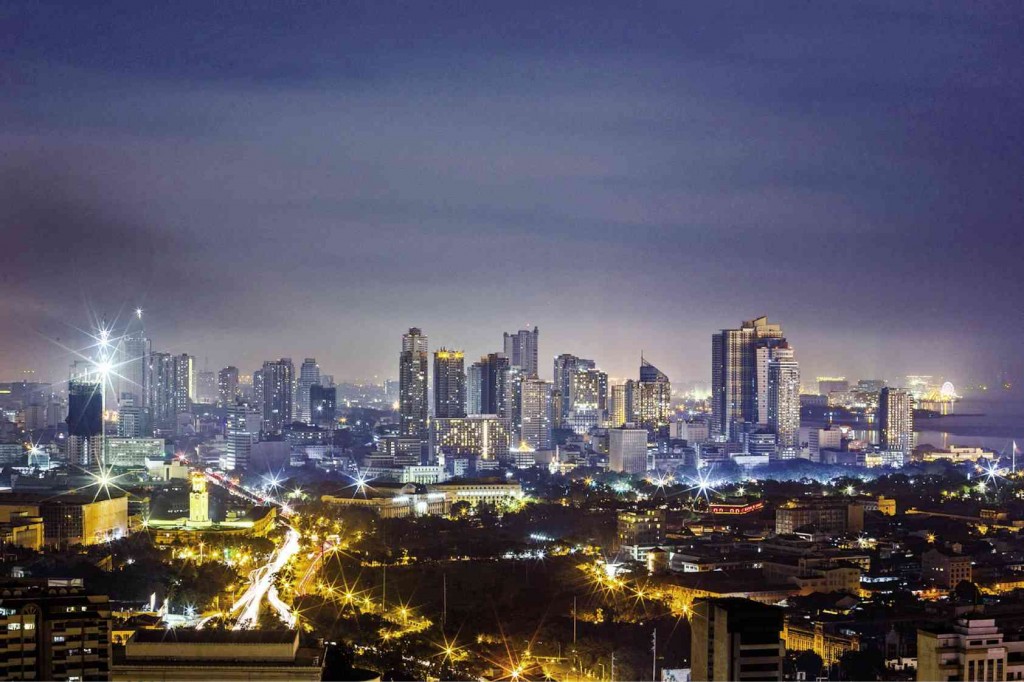PH economy to outperform global peers in next 2 years

The Philippine economy is likely to outperform its regional and global peers in the next two years on the back of resilient private consumption, monetary policy easing and strong rebound in capital inflow, investment experts from British banking giant HSBC said.
This year, HSBC expects the Philippines to grow its gross domestic product (GDP) by 6.4 percent and further to 6.5 percent next year, beating the projected average growth of Asian emerging markets of 5.1 percent this year and 5.3 percent next year.
“We anticipate a growth re-accelerating path for the next two years, in contrast with the global downturn that we have seen in other parts of the globe,” Fan Cheuk Wan, HSBC Private Banking chief market strategist for Asia, said in a press briefing on Tuesday.
For full-year 2019, HSBC expected an average GDP growth of 5.8 percent for the Philippines.
HSBC sees investment growth in the country to rebound to 10.7 percent this 2020 from only 2.3 percent last year, when the delay in the legislation of the national budget constrained public spending.
The Bangko Sentral ng Pilipinas (BSP) is also among the 10 Asian monetary institutions that will likely continue its bias for monetary easing this year. Fan said the BSP would likely cut its overnight borrowing rate twice this year—once in the first quarter and again in the second quarter—to bring the benchmark rate to 3.5 percent by the end of the year.
Fan added that the BSP would likely slash the reserve requirement ratio on banks by 200 basis points each year this 2020 and 2021, bringing it down to 10 percent by end-2021.
“It will improve liquidity conditions in the financial system and drive investment growth recovery,” she said.
Inflation, on the other hand, is projected to pick up pace to 2.9 percent this year, but still within the 2 to 4 percent target range of the BSP.
With the government likely to boost spending to support its growth agenda, HSBC forecasts the government deficit to widen to 3.2 percent of GDP in 2020 and 2021 versus 2.4 percent last year.
With both the fiscal deficit and current account deficit likely widening this year, Fan said the peso might see a “mild weakening” to 53 against the dollar by yearend from around 51:$1 at present.
Meanwhile, HSBC maintained a “neutral” view on the Philippine stock market, similar to its view on most equity markets in the region.
“We stick with our neutral position because Philippines stocks continue to stay at the high end of the valuation spectrum across Asia, so valuation premium would cap the scope for Philippine stocks to outperform from the regional benchmark because the market is already been priced at a premium,” Fan said.